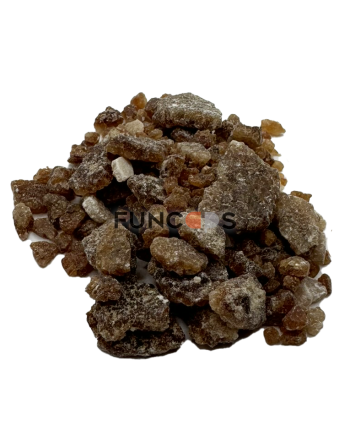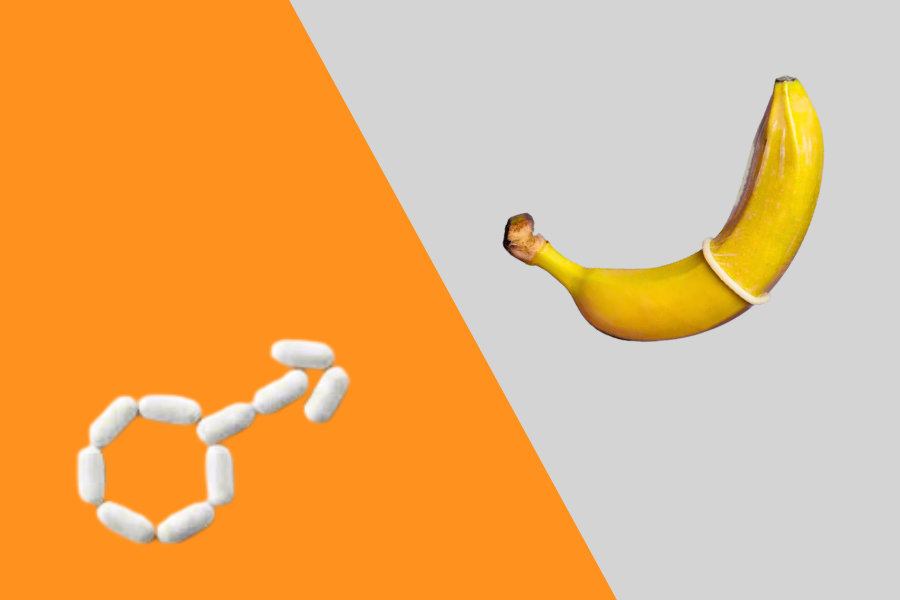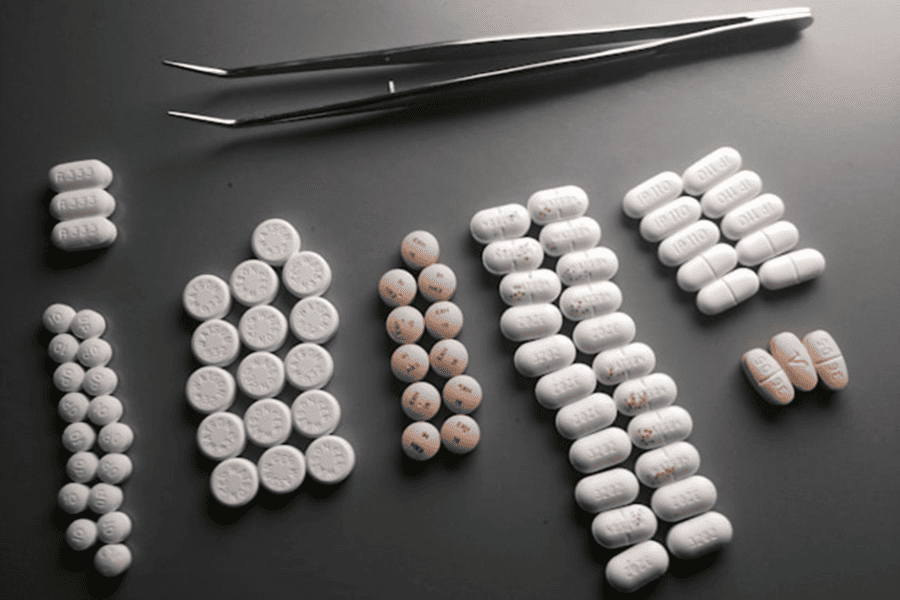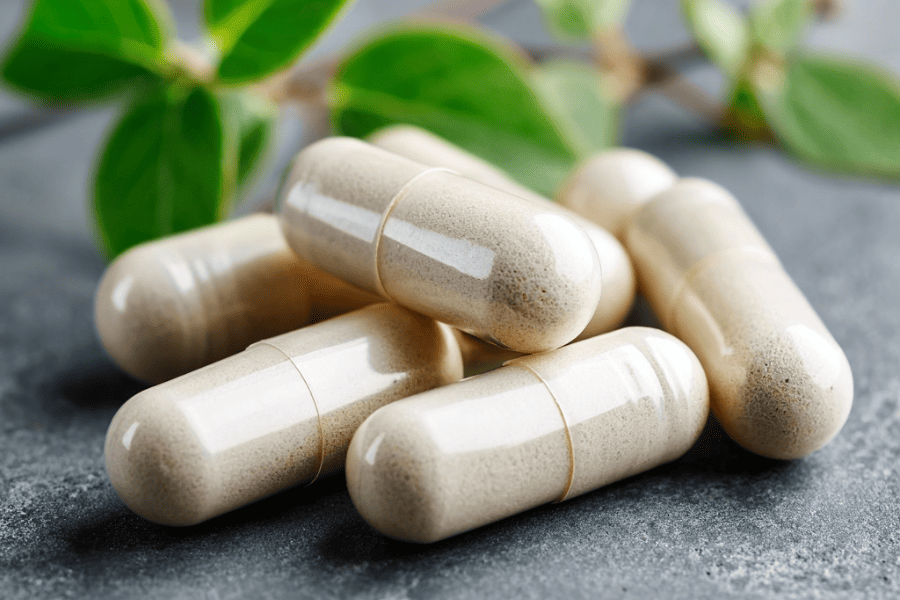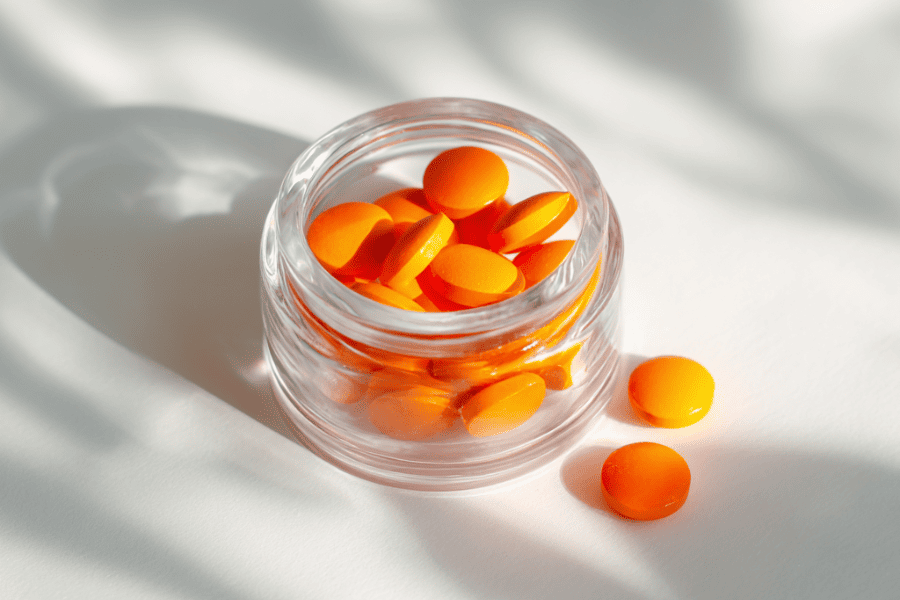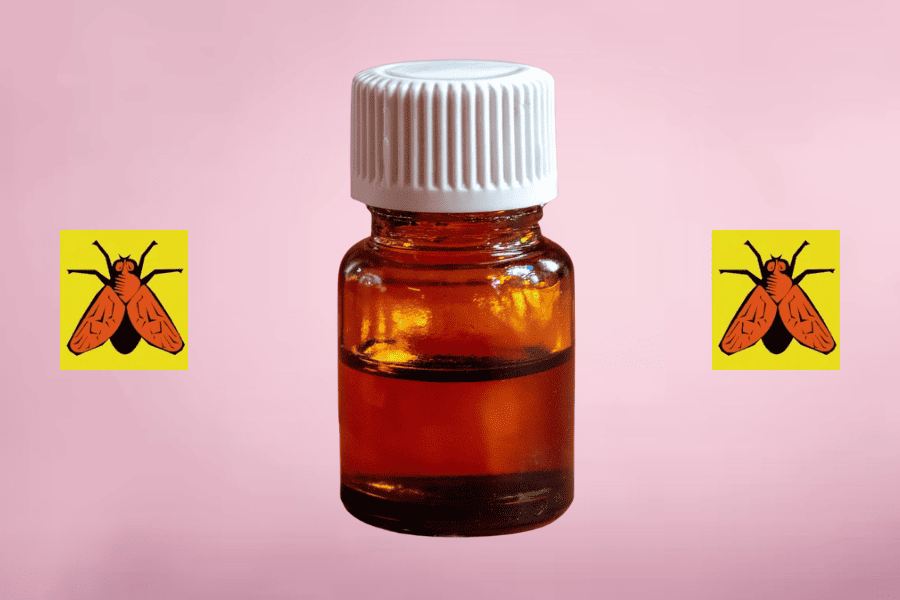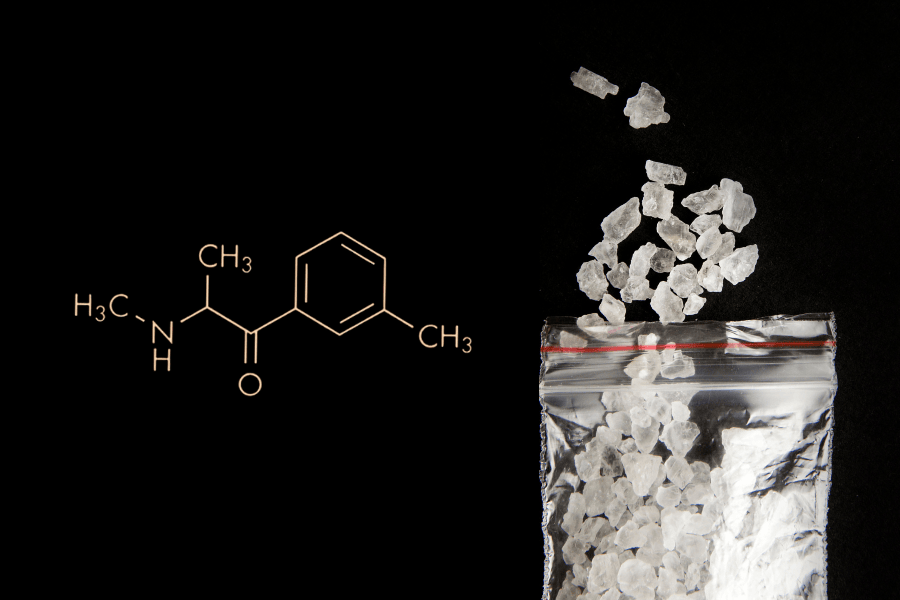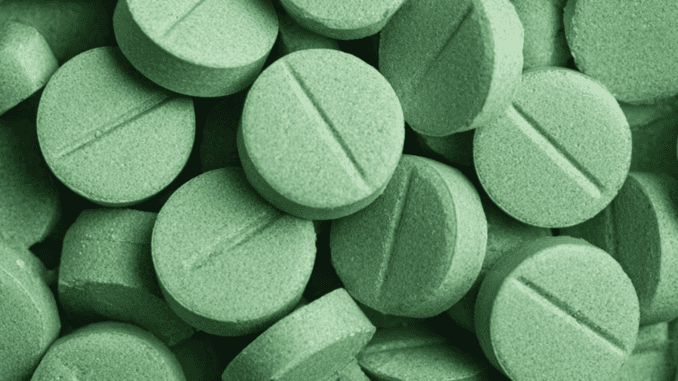3-HO-PCP vs 3-MeO-PCP, what do you need to know?
- Funcaps
- Blogs about research chemicals
- 24 Dec 2024
- 31views
- Reading time: 4 minutes
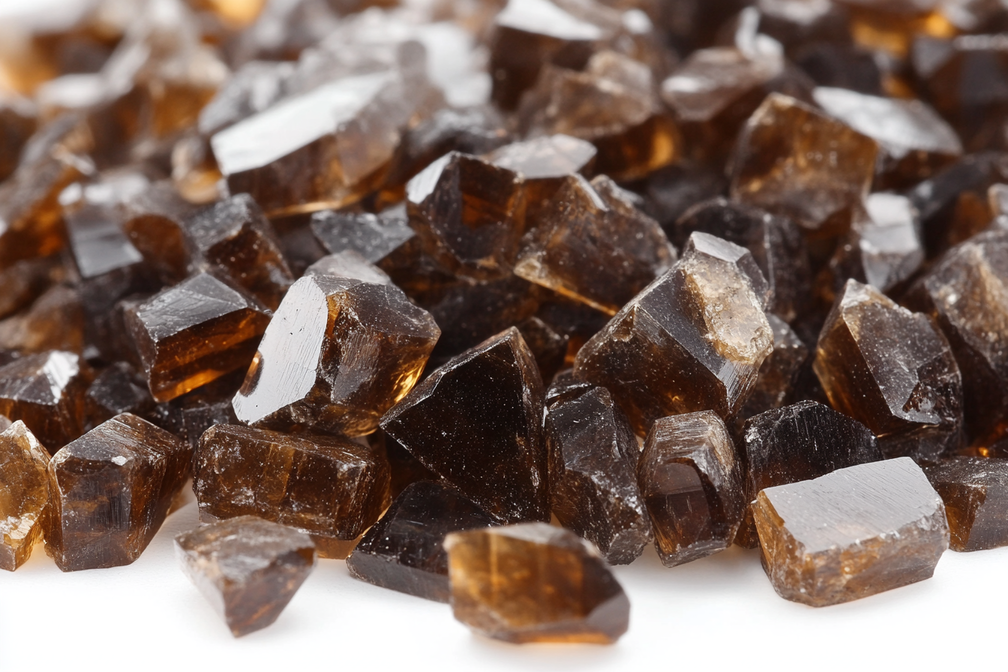
Within the arylcyclohexylamine class of research chemicals, there have been many developments in recent years, with many new substances appearing on the market. The arylcyclohexylamines include the well-known compounds 3-HO-PCP and 3-MeO-PCP. As chemical analogues of PCP, one would suspect that there are many similarities between these RCs. And although this is certainly true, there are also some crucial differences to note. Therefore, this article will look in detail at the research question: 3-HO-PCP vs 3-MeO-PCP, what are the similarities and differences?
3-HO-PCP vs 3-MeO-PCP
Surely there are some clear differences between 3-HO-PCP vs 3-MeO-PCP. For example, 3-MeO-PCP has no affinity for the opioid receptor. 3-HO-PCP, due to its influence on the opioid receptor, has more narcotic effects than the stimulant effects of 3-MeO-PCP. 3-MeO-PCP has the highest affinity for the NDMA receptor, higher than, say, 2-MeO-PCP or 4-MeO-PCP. 3-MeO-PCP also has a long duration of action of 10 to 11 hours. Moreover, mania is a nasty side effect of 3-MeO-PCP. Another important difference between the two substances is that 3-Methoxyphencyclidine is illegal. It is included on the Opium list, where 3-HO-PCP is not as yet.
What is 3-HO-PCP?
3-HO-PCP is also known as 3-Hydroxyphencyclidine. This substance is a research chemical belonging to the arylcyclohexylamines. It is a substance known for its powerful dissociative, hallucinogenic and euphoric effects. 3-HO-PCP was first discovered in 1978 as a chemical analogue of PCP. 3-Hydroxyphencyclidine is studied in powder form and is both an antagonist for NDMA receptors and a μ-opioid receptor. This provides a potent action as a dissociative anaesthetic, which can almost be compared to morphine.
Effects of 3-Hydroxyphencyclidine
In short, 3-HO-PCP produces intense effects through its action as a reuptake inhibitor and opiate receptor. Therefore, when you explore 3-Hydroxyphencyclidine, you can expect powerful effects such as:
- Sedation
- Physical sensations
- Physical lightness
- Euphoric feelings
- Increase in tactile perception
- Hallucinations
- Pain relief
- Suppression of nervousness
- Death of ego
- Appreciation of music
Negative 3-HO-PCP experience
During the experience reports and online studies done on this substance, a number of side effects of 3-Hydroxyphencyclidine also emerged. The most dangerous side effect was the urge to supplement, creating a high risk of addiction. Other negative experiences with the substance were:
- Restless legs
- Loss of motor control
- Disorientation
- Increased blood pressure
- Accelerated heart rate
- Breathing problems
- Increased perspiration
- Loss of appetite
- Suppression of appetite, but less than with ketamine or cocaïne.
- Dehydration
- Dizziness
- Difficulty urinating
- Suppression of orgasms
- Seizures
- Forgetfulness
- Psychosis at high doses
What is 3-MeO-PCP?
3-MeO-PCP is an RC that also belongs to the arylcyclohexylamine family of research chemicals. 3-MeO-PCP has been illegal for a number of years and is therefore not allowed to be investigated. Previously, however, the RC was examined nasally or orally and the drug was known also as 3-Methoxyphencyclidine. 3-Methoxyphencyclidine could additionally be injected or smoked. It was a chemical analogue of PCP and produced mainly dissociative effects. 3-MeO-PCP formed a reuptake inhibitor on the NDMA receptor, on the serotonin transporter and on the sigma σ1 receptor. A legal alternative is 3-Me-PCP.
3-MeO-PCP experiences
What effects was 3-Methoxyphencyclidine known for now? Little research was done on the substance before it was banned. However, from the available documentation that exists, effects such as:
- Reduction of pain
- Visual sensations
- Physical sensations
- Anxiety reducing effect
- Internal hallucinations
- Increased libido
- Dissociation
- Warm feelings
- Dead ego
- Enhanced love of music
- Euphoria
- Depersonalisation
- Mental clarity
- Suppression of nausea
Side effects and risks 3-MeO-PCP
Experiences with 3-MeO-PCP were largely positive, but also largely depended on the method of ingestion and the dose applied. Indeed, some negative side effects were also reported at the higher doses mostly, such as:
- Hypertension
- Confusion
- Mania
- Disorientation
- Psychosis at high doses
- Aggressive behaviour at high dose
- Amnesia
- Stimulation
- Restless legs
- Respiratory problems
- Trembling of eyeballs
- Blood pressure increases
- Heart rate increases
- Increased perspiration
- Difficulty urinating
- Dizziness
- Dehydration
- Seizures at high doses
In summary, both 3-HO-PCP and 3-MeO-PCP offer unique properties and applications within the arylcyclohexylamine family, but with distinct differences in effects, receptor activity and legality. When investigating these compounds, it is important to consider the specific properties and side effects of each agent. It is still possible to buy substances such as 3-HO-PCP, but always make sure that your studies are well prepared and choose carefully which substance best suits your research goals.
Related Posts
